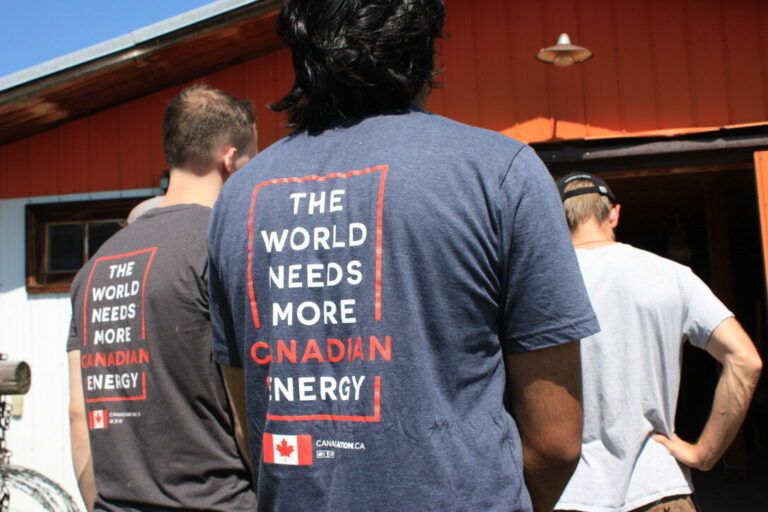The current softwood lumber dispute has been ongoing for 8 years. The United States (US) has placed tariffs on Canadian softwood lumber products to deter exporting softwood products into the US, as the US argues that Canadian companies have an unfair advantage over US softwood products. However, the tariffs the US has applied to Canadian softwood lumber take away prosperous gains and threaten jobs associated with companies affected by the tariffs.
History Between Canada and The United States on Softwood Lumber
The origin of the dispute between the US and Canada is older than I am. In 1982, the US started contemplating whether to impose tariffs on Canadian softwood lumber products. The reason why tariffs have been applied to Canadian softwood lumber products is the US Department of Commerce believes that British Columbia and other provincial governments are subsidizing forest companies. The US Department of Commerce’s reasoning is that in BC, like other provinces, 90% of forest land is publicly owned in contrast to 90% of forest land in the US being privately owned. The US argues that Canadian companies can sell their softwood lumber products below market value, which hurts US domestic forestry companies and is their reasoning for applying tariffs.
Over the 40+ years of tariffs, there have been times when both parties have been able to agree. Most recently, the 2006 Softwood Lumber Agreement allowed Canada and the US to stick to a predictable and stable trade effort of softwood products. Since the agreement ended in 2015, the US and Canada have not been able to agree to a set of terms that each side believed would be fair. This has led to the ongoing negotiations we see today that have been going on since the agreement ended more than eight years ago.
Tariffs are Hurting Canadian Businesses and Individuals
When tariffs are placed on Canadian products, it is a direct hit to our industry and to the people who work in that industry. It is well known that the US is one of Canada’s top trading partners; however, when the US applies protectionist tariffs like anti-dumping duties (ADs) and tariffs which are intended to offset low prices of imported goods such as countervailing duties (CVDs), it hurts Canadian forestry companies such as Tolko, Canfor, and the respective people who they employ. These duties that have been imposed upon Canadian companies have slowed Canadian sawmills, therefore, hindering jobs. The US argues that ADs and CVDs are intended to set the playing field evenly for their domestic industry by offsetting the value of imported goods.
However, some argue they have done the opposite. Some ask the question, why not move away from the US? In 2021, Canada has sold the US over $6.7 billion CAD of softwood lumber products. In comparison, Canada’s second most significant import destinations for forestry products were China and Japan in 2021, these countries purchased a combined $4.6 billion CAD of forestry products from Canada in that year. This shows the significance of the US softwood purchases to the Canadian forestry industry.
In 2019, the Canadian forestry sector exported $33.2 billion CAD worth of forestry products with $8.1 billion CAD of those exports being softwood lumber products. In 2020, the value of Canadian softwood lumber products exported jumped to $10.1 billion CAD, with BC being the largest exporter of softwood, contributing nearly 50% of Canada’s aggregate forestry exports through 2020-2021. Canada’s forestry sector is also a massive aid to over 600 communities across Canada, supplying 230,000 direct related jobs and 600,000 indirect jobs with more than 1,400 Indigenous-owned forestry businesses. So, when tariffs are placed on the forestry industry, it doesn’t only affect a few companies; it affects over 830,000 people’s livelihoods.
Since 2017 an estimated $5.6 billion CAD has been collected by the US from Canadian softwood lumber companies, which is massive. That is, $5.6 billion CAD leaked out of the Canadian economy, which could have been used to further education across Canada, or to help rural communities, or to be invested in renewable energy technology. The US Department of Commerce uses company-specific rates for ADs and CVDs, meaning that duty rates vary from one company to another. When these rates are altered, not only does it affect revenues collected, but it also puts people’s jobs at risk.
Conclusion
The current dispute between Canada and the US needs to find a way where Canadians are not going to get slammed with high ADs and CVDs rates, but also where US businesses can benefit as well. We have seen several softwood lumber disputes since 1982, and it is much more beneficial for both sides when there is an agreement in place. The forestry industry is essential in both BC and Canada. It provides thousands of jobs and generates billions of dollars in revenue for Canada. However, when duties that are supposed to level the playing field between both parties end up costing Canada $5.6 billion CAD and jobs north of the border, the reality is that these tariffs seem to be a one-sided affair.



